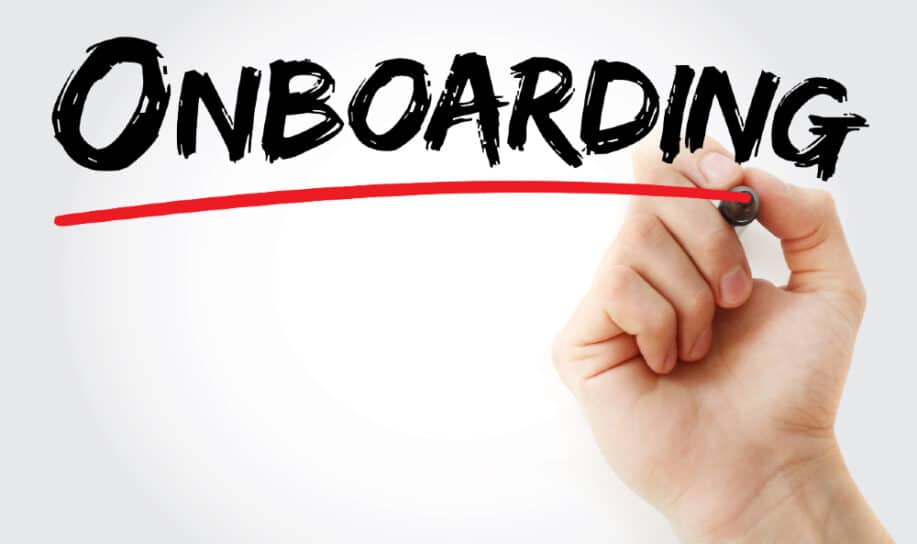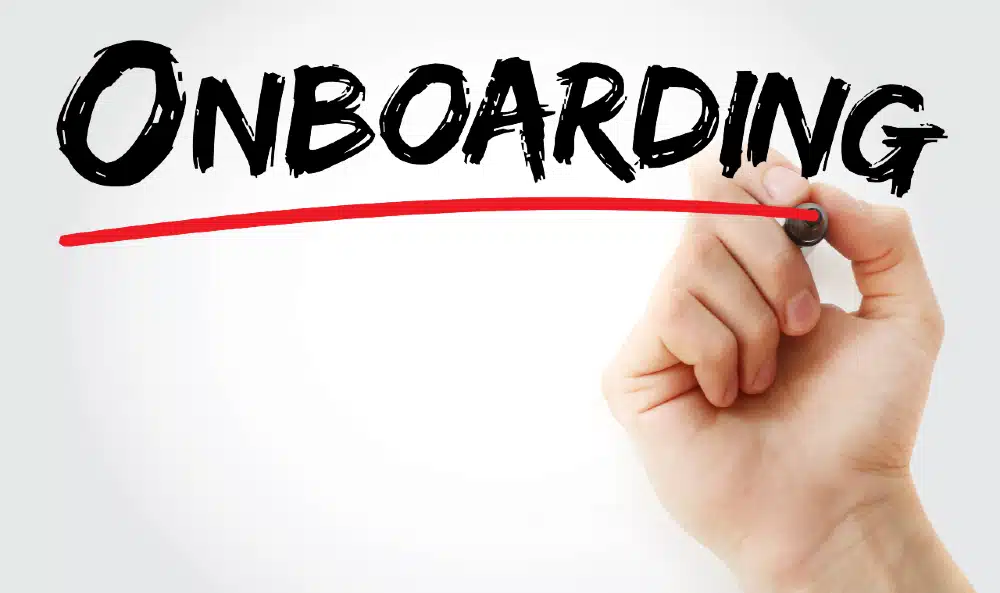As with any industry, the web design field is rapidly evolving. As such, having a team of experienced professionals is fundamental if a company wants to stay ahead of the curve and consistently produce high-quality work. In this feature, we’ll cover the importance of effectively onboarding new web designers to your team.
Ideally, you want your web design team to be composed of individuals who are motivated, creative, and familiar with the latest technologies and trends for improving skills. To achieve this, it is not enough to just hire the right people – you must also ensure that they are properly onboarded so that they can hit the ground running and start contributing to the team’s success right from the get-go.
You may also be interested in reading about the best job board themes for WordPress when you are finished reading this post.
What is Employee Onboarding?

Employee onboarding is the process of introducing new employees to their team, company culture, and job responsibilities. This process can include training activities, such as orientation sessions or introductions to other team members; or it may involve setting goals for each employee and introducing them to the tools they’ll use in their daily work.
By taking the time to properly onboard employees and make them feel comfortable with their new team, it can ensure a smoother transition into their role and lead to greater success in both the short and long term.
5 Reasons Onboarding Newly Hired Web Designers is Crucial

1. It Enhances Team Communication
Onboarding new employees properly helps to ensure that they quickly become up-to-speed on all aspects of the corporate culture and how it works within the organization. This, in turn, enhances overall communication across the team.
A successful onboarding process should include a comprehensive orientation program that covers topics such as goals, working environment, workplace policies, communication tools, tools and systems used, job roles and responsibilities, acceptable behavior standards, and other pertinent information.
By giving new hires this type of overview early on in their career with your company, you will be able to more easily bring them up to speed with existing processes and expectations set forth by past managers and colleagues.
2. Helps to Establish Goals & Objectives Right Away
It’s important to set clear expectations from day one so that new employees understand exactly what is expected of them. An effective onboarding process gives employees all the information they need about their position as soon as possible—including objectives or goals that have been set for them.
By doing this right away during onboarding rather than at a later date when they have already settled into their job role, there are fewer chances for confusion or miscommunication about duties or responsibilities assigned during their tenure.
To best ensure that objectives and goals are communicated, onboarding templates for each position should be created and provided to new hires as part of their onboarding process. This way, all expectations are laid out in a clear, concise way.
3. Employee Onboarding Makes Integration Easier
Successful employee onboarding involves introducing new hires not only to company policies but also to existing staff members who can provide guidance throughout the process. By establishing relationships between current team members early on in an employee’s career you can help make both parties feel comfortable with each other and foster better collaboration down the road.
Doing this allows new hires to more easily fit into existing teams by getting off on the right foot right away—which ultimately helps boost productivity levels quickly too.
4. It Expedites Training Processes
By establishing both individual and team goals before training even begins you can ensure that everyone on board has a clear understanding of what needs to be accomplished throughout their tenure with your web design team.
This way you can use those agreed-upon objectives as guiding principles throughout an employee’s training period so that by the time they complete it they have already gained enough knowledge about your products/services/methodology/etc., which allows for faster overall integration into ongoing workflows within your company.
Not only does this save time but it also helps reduce potential mistakes due to a lack of proper instruction during training as well!
5. Improves Retention Rates
Last, and certainly not least, establishing effective onboarding processes help to improve overall employee retention rates. By teaching new hires about all the benefits and opportunities that come with your company’s employment package you can ensure that they are more likely to stick around for longer.
By removing ambiguity over job expectations and providing a sense of belonging in the workplace you can help new hires feel connected to your team—which is essential in keeping them motivated and engaged with their work.
Additionally, having a successful onboarding process also allows current employees to easily mentor and guide new staff as they learn more about their roles which can further enhance their overall satisfaction levels. As a result, great employee onboarding is reported to improve employee retention by 82%.
The Takeaway
Employee onboarding isn’t just something you tick off on a checklist – it’s integral for creating successful web design teams in today’s ever-changing environment where staying ahead of competitors is essential for survival. From enhancing team communication and setting objectives, all the way through to cutting down training times.
Investing in a robust onboarding process ensures that every member of staff integrates smoothly into your company resulting in improved performance levels across all departments.

